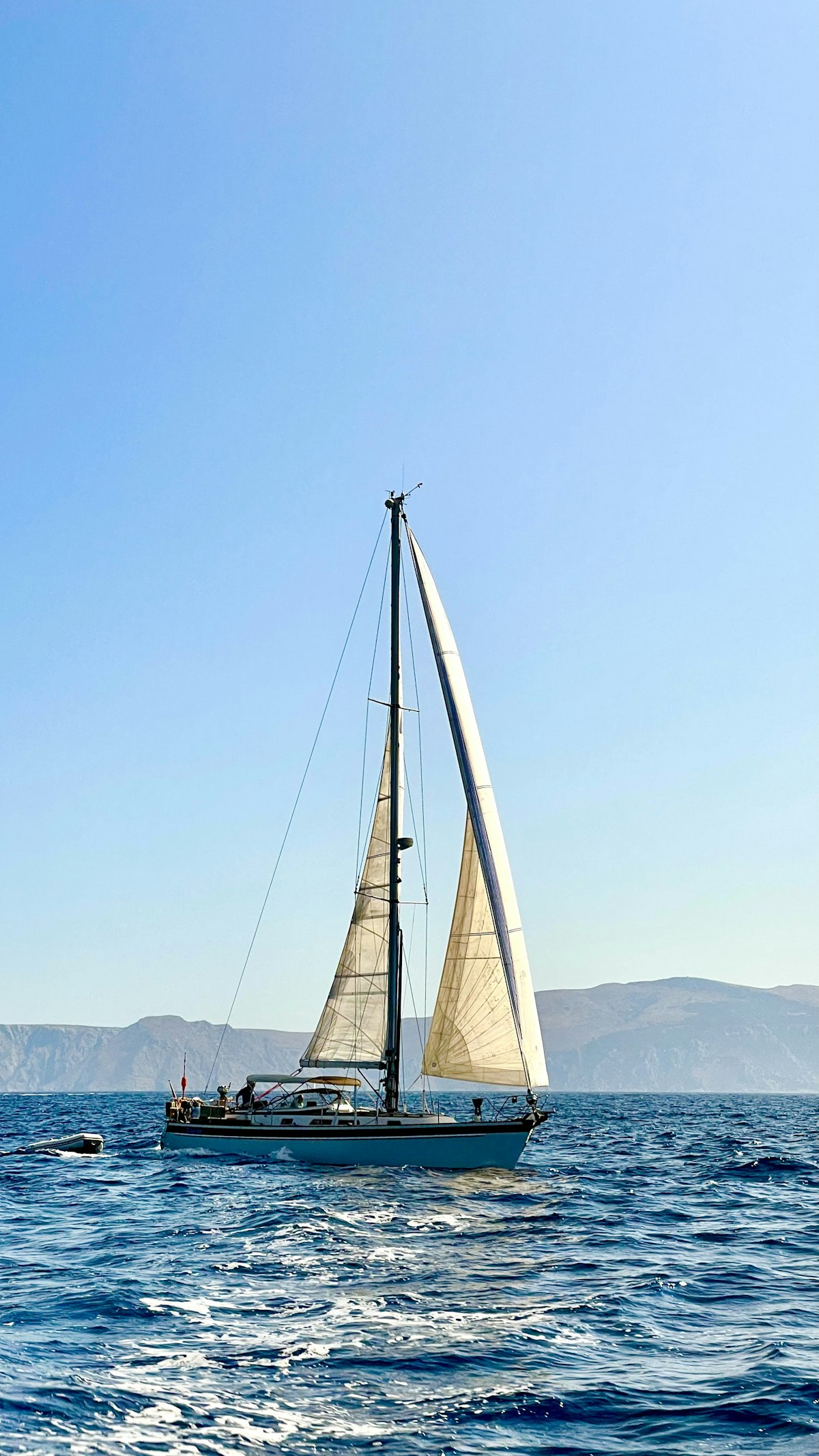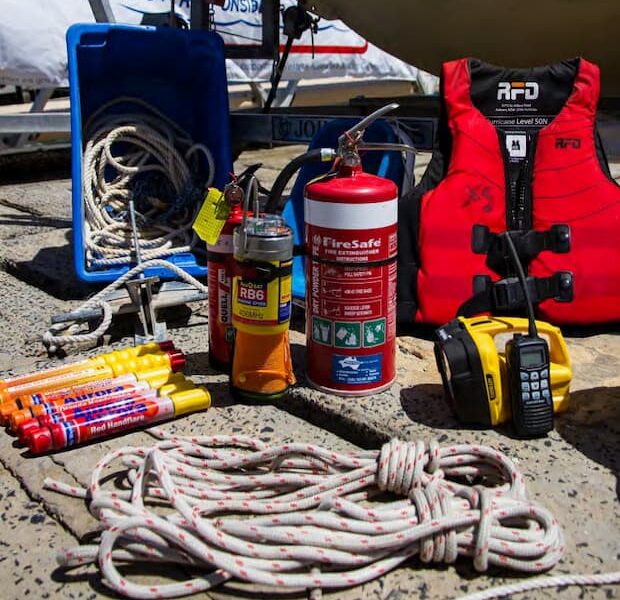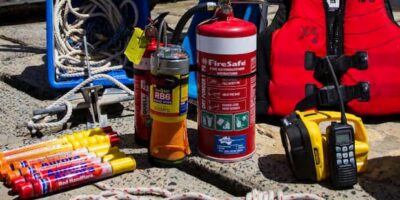Discovering Boat Salvage: An Inside Look at cooperss.com
When boats meet their end, they’re not abandoned at sea. Instead, they often find a second life through the art of salvage. Boat salvage is a practical approach to reuse and recycle. One standout in this industry is cooperss.com. This site is a hub for boat parts, salvage services, and more. Let’s dive into how cooperss.com approaches the world of boat salvage.

Probably should have led with this section, honestly.
What is Boat Salvage?
Boat salvage involves recovering usable parts and materials from damaged or decommissioned boats. This process can range from simple recovery to complex dismantling. Salvage reduces waste and supplies parts for repairs. It’s also an economic advantage for boat owners.
The Role of cooperss.com
cooperss.com operates as a marketplace for boat salvage. The platform connects sellers and buyers of salvage items. Users can find parts for everything from small sailboats to large yachts. Information about each salvaged item is detailed and transparent. This ensures buyers know what they’re getting.
Categories of Salvage Services
cooperss.com categorizes its services to aid navigation. Here are key categories they cover:
- Engines and Parts: Find engines of various makes and models.
- Electrical Components: Switches, wiring, and navigational aids.
- Hull and Structural Parts: Decks, frames, and fittings.
- Interior Fixtures: Seats, cabinetry, and accessories.
- Complete Boats: Sometimes entire vessels are worth reclaiming.
Importance of Salvage
The environmental benefits of boat salvage are significant. Many boats contain hazardous materials. These can leak into waterways if not properly handled. Salvage prevents this by responsibly dismantling crafts. It also supports sustainability. Salvaging parts means less demand for new materials.
Navigating cooperss.com
The interface of cooperss.com is user-friendly. Listings are updated regularly. Users can search based on part type, boat make, or model. Each listing has photos and detailed descriptions. This clarity helps in making informed purchases.
Testimonials and Success Stories
Many users praise cooperss.com for its service. They highlight the ease of finding rare parts and the site’s excellent support. Stories of restoring vintage boats using salvage parts are common. This not only saves money but also preserves maritime history.
Challenges in Boat Salvage
Salvage isn’t without its hurdles. Environmental regulations are strict. Each salvage operation must handle chemicals and waste safely. Logistics of transporting parts can also be complex. Despite these challenges, cooperss.com maintains a high standard in the industry.
Future of Boat Salvage
The boat salvage industry is growing. Increasing awareness about sustainability drives this trend. As technology advances, salvage processes become more efficient. cooperss.com is at the forefront, adapting to industry changes and customer needs.
How You Can Get Involved
If you own a boat, consider salvage before disposal. cooperss.com offers ways to list your vessel or parts. This can contribute to the circular economy and help other boaters. For those looking to buy, it’s also a chance to find unique and valuable parts.
The boat salvage industry, exemplified by cooperss.com, is a testament to ingenuity and sustainability. By turning old parts into opportunities, it serves both the environment and the boating community.
“`


